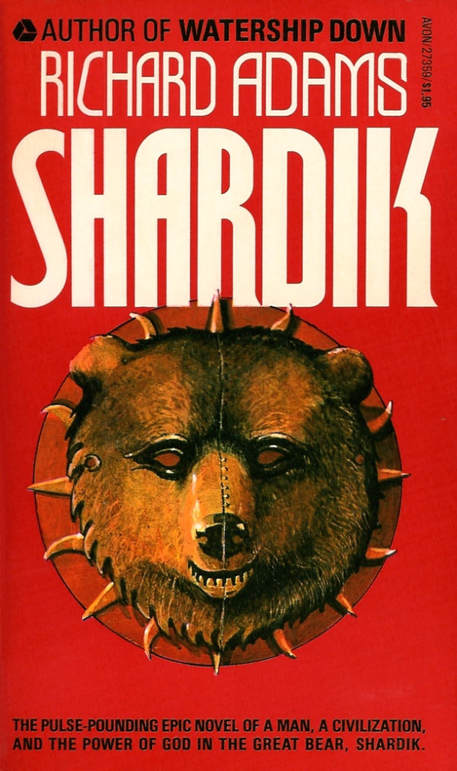Sibylla is an American living in England. She's Oxford-educated, but her education has done very little for her in practical terms: she's got a job typing up periodicals like Carpworld and Tropical Fish Hobbyist while trying to manage her son Ludo. Ludo is what is typically called a prodigy: he begs Sibylla to teach him Latin and Greek at age 4, and soon he's learning Japanese, Icelandic, Arabic. Bored and poor, Sibylla and Ludo ride London's Circle Line with their stack of books, and the reactions they receive neatly trace our social expectations and anxieties about talented children:
Still he has been reading the Odyssey enough for a straw poll of Circle Line opinion on the subject of small children & Greek.
Amazing: 7
Far too young: 10
Only pretending to read it: 6
Excellent idea as etymology so helpful for spelling: 19
Excellent idea as inflected languages so helpful for computer programming: 8
Excellent idea as classics indispensable for understanding English literature: 7
Excellent idea as Greek so helpful for reading New Testament, camel through eye of needle for example mistranslation of very similar word for rope: 3
Terrible idea as study of classical languages embedded in educational system productive of divisive society: 5
Terrible idea as overemphasis on study of dead languages directly and responsible for neglect of sciences and industrial decline and uncompetitiveness of Britain: 10
Stupid idea as he should be playing football: 1
Stupid idea as he should be studying Hebrew & learning about his Jewish heritage: 1
Marvellous idea as spelling and grammar not taught in schools: 24
The first half of the book is all Sibylla's; Ludo's thirst for knowledge prevents her from getting on the menial drudgework she needs to survive, even as she finds herself starved for the kind of invigorating mental work that she came to London to pursue. She drags a six-year old Ludo to a concert by a piano prodigy that goes on all night and is so absorbed in it that she doesn't realize he's gone home on his own until the concert ends. She forgets to take him to school for a whole year, and when she does, it becomes clear that school is a soul-killing process for the little genius; how can a single impoverished mother give a kid like Ludo what he needs?
The second half of the book is Ludo's. Literally, the novel switches from Sibylla's first person point of view to Ludo's, now 11 and possessing a working knowledge of two dozen languages, aerodynamics, Lagrangian transformation, and why not, judo. But what Ludo really wants to know is the name of his father, something the reader already knows can only be disappointing--Ludo's the result of a baffled one-night stand with a shallow hack writer.
Ludo finds it out relatively quickly, too, and goes to visit his father, now a famous (and terrible) travel writer. The visit is so enervating he hatches a scheme born from watching Kurosawa's The Seven Samurai over and over--literally hundreds or thousands of times--with Sibylla. He goes around visiting a half dozen exceptional men--a brilliant painter, a warzone journalist, a T. E. Lawrence-style adventurer--telling them he's their son. Most of them have a vivid enough memory of a long-gone affair that they believe him, but not all. In this way Ludo searches among several candidates for a father--in literary criticism, we call this a "Mamma Mia"--who will help him make sense of himself. I
The way I see it, The Last Samurai asks a question like, What is all this knowledge for? If Ludo's real father had been a genius, would it have proven that Ludo's exceptionalism is an innate quality, genetically inherited? (Of course, that begs the question, isn't Sibylla's clearly exceptional intelligence proof enough?) But Ludo's search for a spiritual father shows that what he needs is something else. The men he confronts are not merely intelligent but courageous and active, each in their own way, they've done incredible things. What Ludo searches for is a kind of fatherly guidance that will show him what all this learning can lead to, how to transform intelligence into moral living or public good.
DeWitt's novel, which I believe has gotten a lot of renewed attention after being republished a few years ago, was called the greatest novel of the 21st century so far in a Vulture piece. You can see why: it's both funny and brainy, pleasingly postmodern and playful with form, and much more complex than my flattening version above. It's a little saggy for me, a little too enamored with long passages of translation from Greek or descriptions of Bernoulli's principle, and I bristle a little at what might just be my own misreading that the book believes any kid can be like Ludo, if only they're allowed to be. They can't, and that's OK; clearly The Last Samurai believes that reading The Iliad is unquestionably good because The Iliad is beautiful, but the capability to do so does not by itself confer value on a person.
I found Sibylla's chapters rather chilly and Ludo's much more persuasive and warm. The best thing about The Last Samurai is that it's a brainy novel that's deeply concerned with why our brains matter at all, and locates the emotional drama in what we might call a life of the mind.










